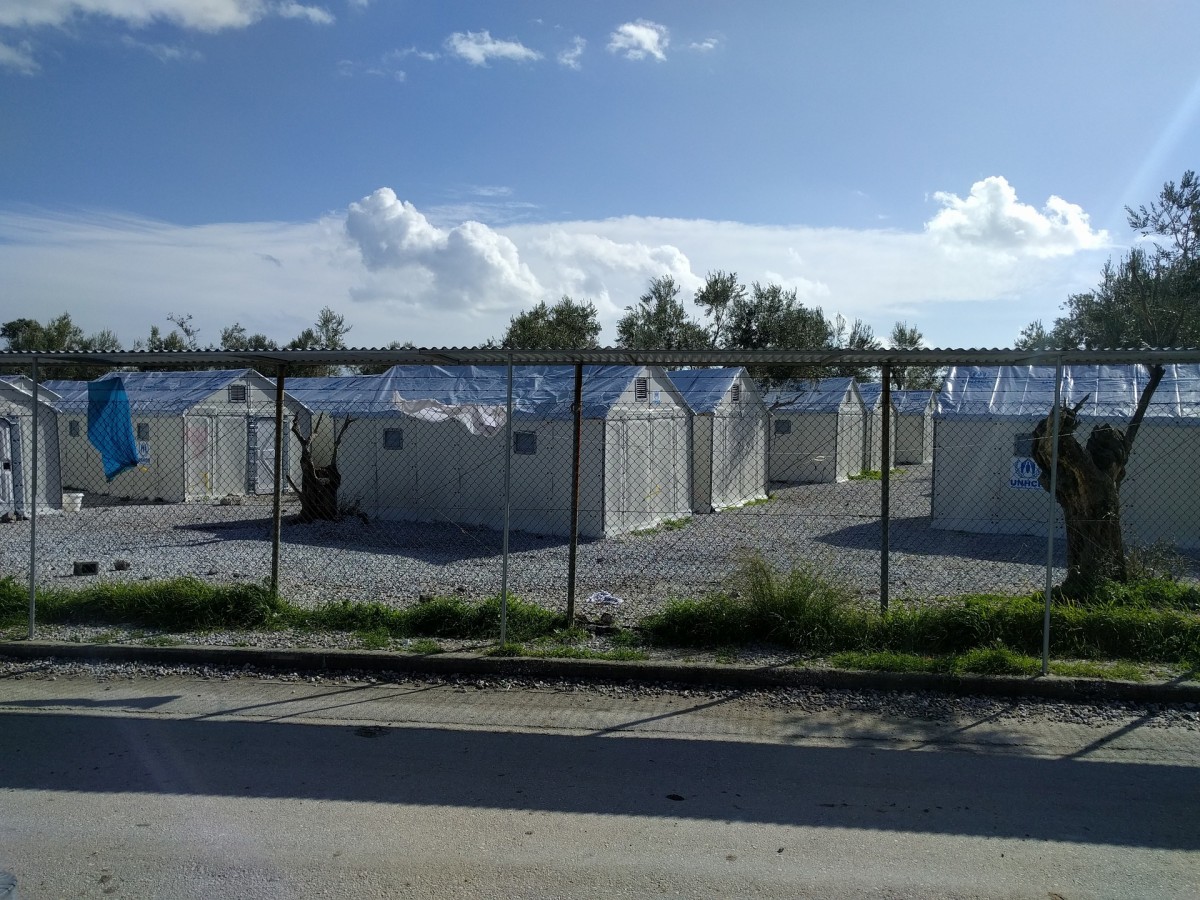Greek authorities imposed a 14-day quarantine on an overcrowded migrant camp on the island of Lesbos on Wednesday, after one man who had been living outside the official camp tested positive for the coronavirus.
The 40-year-old Somali man is the first confirmed coronavirus case at the Moria camp, which as of August 31, housed 12,714 people, well over its capacity of 2,757.
Greece’s migration ministry said the infected man was granted refugee status and a residence permit to live in Greece and had left the camp on July 17.
However, he returned in recent days and had been living in a tent outside the camp fence. He is currently hospitalised in isolation on Lesbos.
The migration ministry said no entry or exit from the camp would be allowed until September 15 and that the police presence would be increased around the camp to ensure the lockdown is not breached.
Only essential staff will be allowed to enter the camp after undergoing temperature checks.
Health authorities said the Somali man’s contacts were being traced and all would be quarantined, while extensive coronavirus tests were being conducted on the camp’s residents.
More than 27,000 migrants and asylum seekers live in camps on the Greek islands, after arriving from the nearby Turkish coast. Moria, by far the largest of the camps, previously had been free of confirmed COVID-19 cases.
Since the beginning of the pandemic, Greek authorities have recorded 10,524 confirmed cases of COVID-19 and 271 deaths.
According to the European Centre for Disease Control and Prevention (ECDC), the 14-day incidence rate in the country currently stands at 28.5 cases per 100,000 inhabitants, below Europe’s average of 34.5.
With more than 470,900 cases, Spain is the EU’s most impacted country. Its 14-day incidence rate is currently estimated at 227 cases per 100,000 population.
euronews.com
pixabay

















